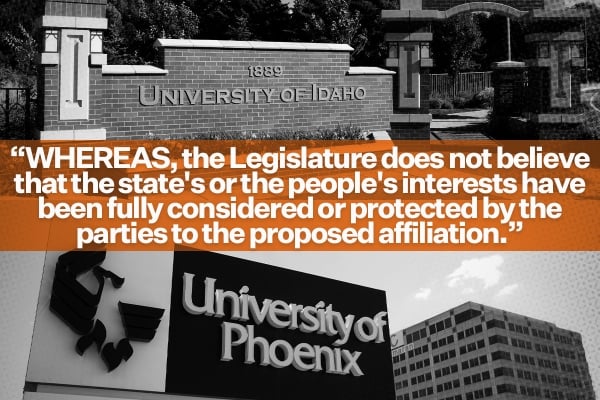Scrutiny Mounts Over Idaho-Phoenix Deal
A recent deal struck between the state of Idaho and tech giant Phoenix Inc. has sparked controversy and raised questions about corporate influence in government decisions. The deal, which involves Phoenix relocating its headquarters to Boise and receiving significant tax breaks and incentives, has come under scrutiny from lawmakers, activists, and members of the public.
Critics of the deal argue that it sets a dangerous precedent of giving wealthy corporations special treatment at the expense of taxpayers. They point to the generous tax breaks and incentives offered to Phoenix, which could potentially cost the state millions of dollars in lost revenue. They also question the transparency of the deal, which was negotiated behind closed doors and finalized without public input.
Supporters of the deal, however, argue that it will bring much-needed economic growth and job opportunities to Idaho. They cite the potential for the creation of high-paying jobs and the boost to the local economy that Phoenix’s relocation could provide. They also argue that the tax breaks and incentives are necessary to attract businesses like Phoenix to the state and remain competitive in the tech industry.
Despite the arguments from both sides, there are still lingering concerns about the potential impact of the deal on Idaho’s economy and taxpayers. Some worry that the promises of job creation and economic growth may not materialize, or that the tax breaks offered to Phoenix could outweigh the benefits of their relocation. Others are concerned about the implications of allowing corporations to have undue influence over government decisions and policies.
As scrutiny mounts over the Idaho-Phoenix deal, calls for more transparency and oversight have intensified. Lawmakers and activists are pushing for greater transparency in future deals of this nature, as well as more accountability for how tax breaks and incentives are awarded to corporations. They are also calling for a reevaluation of the state’s economic development policies and a more equitable approach to attracting businesses to Idaho.
In the meantime, the Idaho-Phoenix deal serves as a reminder of the complex and often controversial relationships between government and corporations. It highlights the need for greater scrutiny and accountability when it comes to deals that impact taxpayers and the economy, and the importance of balancing economic growth with responsible governance. Only time will tell if the benefits of the Idaho-Phoenix deal outweigh the potential costs, but one thing is clear: the debate over corporate influence in government decisions is far from over.


